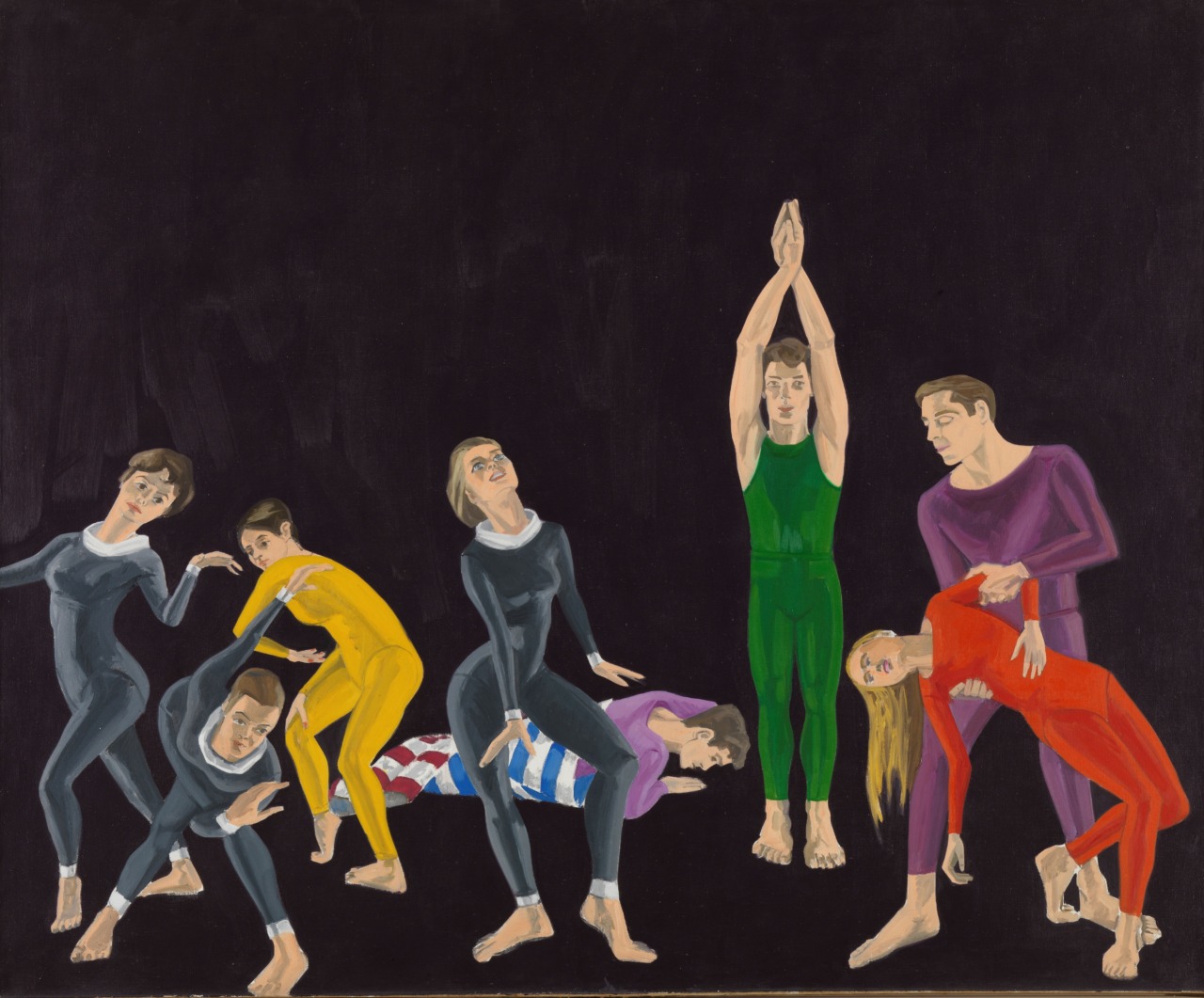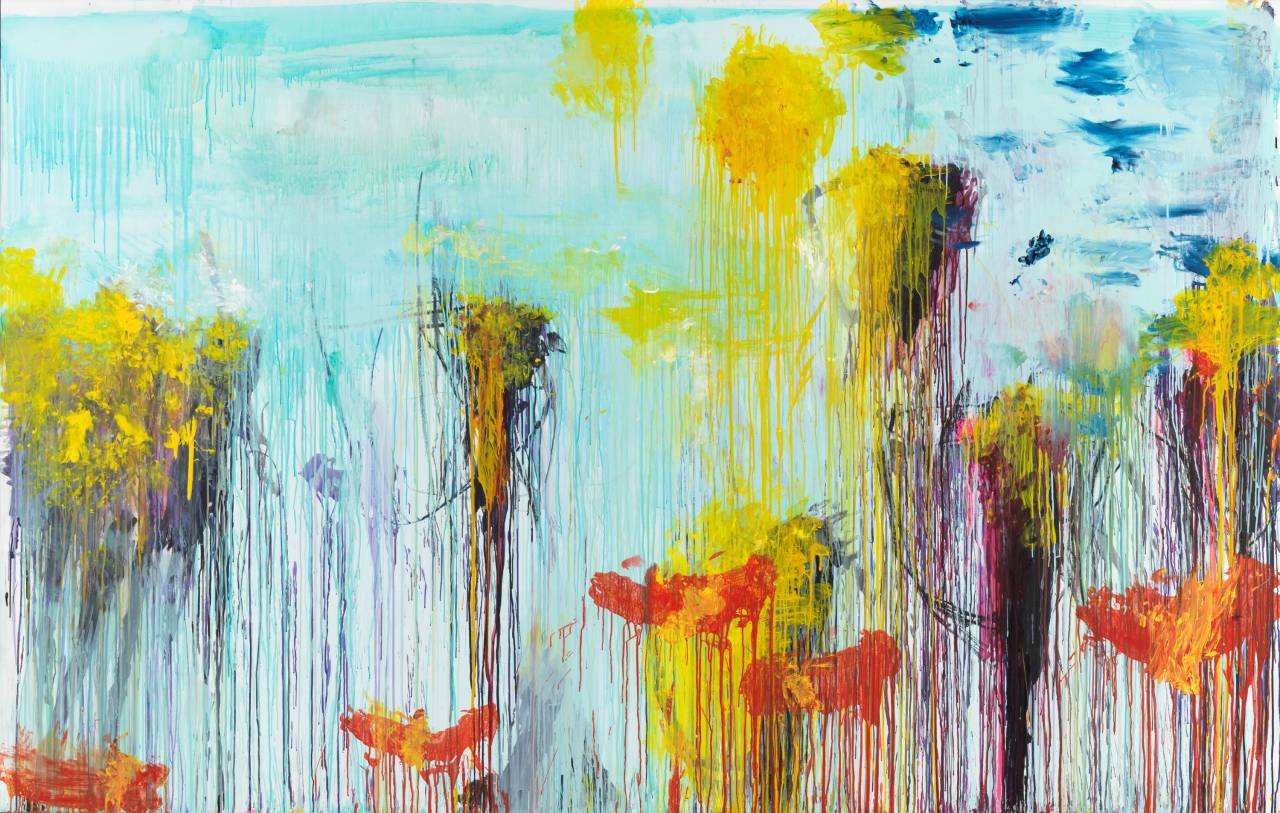
Jann Haworth and the Poetics of Softness
Abstract
In 1962, aged just 20, London-based American artist Jann Haworth made a decisive turn away from painting to produce a series of life-size patchwork and quilted sculptures. One of the earliest was “Old Lady 1” (1962), the first of a number of soft, stuffed old people Haworth would make. Seemingly upending everything we think we know about the Sixties as a decade of technological, sexual, and political revolution, this is a work rooted firmly, it would seem, in the past. And, in a decade defined by youthful promise, to embark upon a career at the heart of the Swinging Sixties London art world with fabric sculptures depicting elderly people seems almost willfully perverse. Haworth showed “Old Lady 1” at her first solo show in 1966 alongside her rather more youthful corset-and-stocking clad fabric “Lindner Doll” (1965), a soft, stitched figure which Haworth named in homage to the “hard” techno-futuristic women the artist Richard Lindner had been painting since the 1950s. Haworth’s interest in Lindner’s work is surprising,and revealing. I will use the comparison between the fetishistic, shiny surfaces of Linder’s figures and the soft, yielding surfaces of Haworth’s fabric works to reconsider “the poetics of softness”—critic Max Kozloff’s memorable 1967 term for the recent turn towards soft sculpture. This paper will restage softness in relation to questions of animacy and ageing, placing centerstage the new technologies of the body that Haworth’s strange figures both articulate and embrace.
About Jo Applin
Jo Applin is Professor of the History of Art at The Courtauld Institute of Art in London where she is also Head of the History of Art Department. Her books include “Eccentric Objects: Rethinking Sculpture in 1960s America” (2012), “Yayoi Kusama: Infinity Mirror Room—Phalli’s Field” (2012), “Alison Wilding” (with Briony Fer, 2018), “London Art Worlds: Mobile, Contingent, and Ephemeral Networks 1960–1980” (2018), and “Lee Lozano: Not Working” (with Catherine Spencer and Amy Tobin, 2018). Her current project is about art and ageing.


